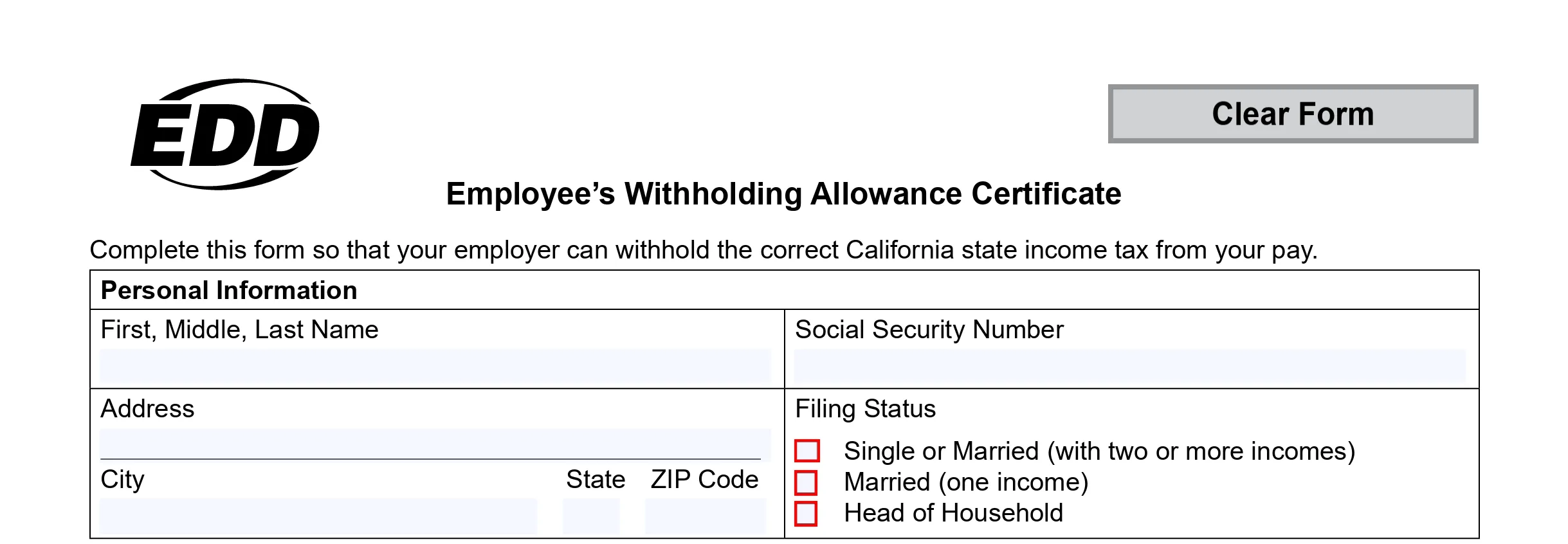Automating Your Law Firm's Finances: Top Tools and Practices
In today's fast-paced legal environment, efficiency in financial management is key. Automating your law firm’s finances can significantly streamline operations, reduce errors, and free up valuable time. This blog explores the top tools and practices that can transform the financial landscape of your law firm.

1. Automated Bookkeeping Software
Implementing automated bookkeeping software is a foundational step in modernizing your law firm’s financial operations. Tools like QuickBooks, Xero, and Zoho Books offer features tailored to manage client funds, track billable hours, and automate payroll. These platforms not only minimize manual errors but also provide real-time financial insights.
2. Client Trust Accounting Solutions
Handling client trust accounts with precision is crucial for legal practices. Software solutions like Clio Manage or TrustBooks are designed to ensure compliance with IOLTA guidelines and simplify trust accounting, providing clear audit trails and preventing the commingling of funds.
3. Advanced Budgeting Tools
Adopting advanced budgeting tools allows law firms to forecast and manage finances effectively. Platforms like Planguru and Scoro help in creating detailed budgets, monitoring financial health, and planning future investments based on comprehensive financial data analysis.
4. Automated Billing and Invoicing Systems
Tools such as TimeSolv and LEAP automate the billing process, ensuring timely invoicing and follow-ups. These systems can integrate with your workflow, automatically tracking time spent on cases and generating invoices accordingly, which helps in maintaining cash flow and client satisfaction.
5. Expense Management Software
Efficient management of expenses can lead to significant cost savings. Expensify and Receipt Bank provide solutions to track and categorize expenses, scan receipts, and automate reimbursement processes, which are essential for maintaining accurate financial records.

6. Cloud-Based Financial Reporting
Cloud-based platforms offer the advantage of accessing financial data from anywhere, facilitating remote work and collaboration. They provide secure, up-to-date financial reporting, which is essential for strategic decision-making.
7. Integration with Case Management Systems
Integrating financial management tools with case management systems can provide a seamless operational flow. This integration ensures that all financial data related to a case is synchronized with case progress, enhancing efficiency and reducing discrepancies.
Conclusion
Embracing automation in financial management not only streamlines processes but also positions your law firm for growth and success. By leveraging these modern tools and practices, you can ensure that your firm stays compliant, efficient, and financially robust.
Remember, choosing the right tools and customizing them to fit your specific needs is crucial. It’s often beneficial to consult with technology experts who specialize in legal financial software to ensure optimal implementation and usage.
Disclaimer: This blog is meant for informational purposes only and should not be considered as tax advice. Consult with a qualified tax professional or advisor for personalized guidance based on your specific situation.
Reach out to us today at [email protected], and let's work together to optimize your tax situation and financial well-being. Your journey towards a more tax-efficient future starts here.



